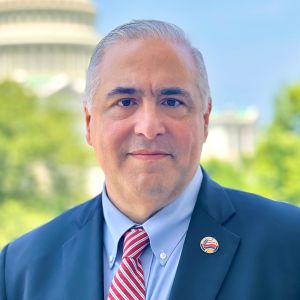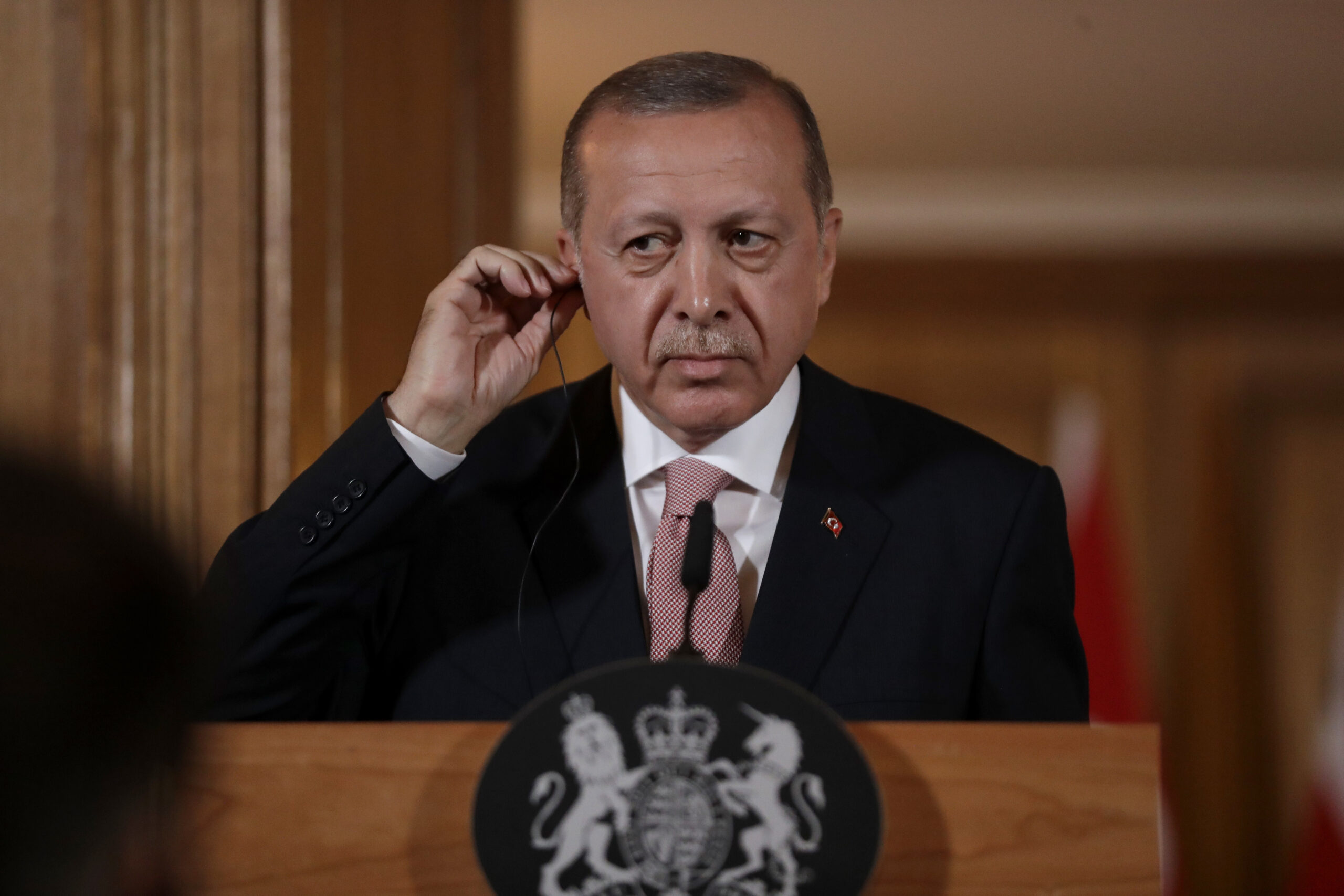Every White House visit by Turkish President Recep Tayyip Erdogan over the past two decades has represented a fork in the road, a defining moment in which American leaders must choose between two starkly different futures.
On one path lies the defense of American values, rooted in our Constitution — principles such as free speech, peaceful assembly and equal justice before the law. On the other lies a dangerous embrace of authoritarianism — values imported from Ankara that embody political repression, violent intimidation and impunity for crimes.
Time and again, U.S. leaders have chosen the latter, indulging a dictator at the expense of our principles, partners and international credibility.
I have seen the consequences of this moral compromise firsthand. In May 2017, outside the Turkish ambassador’s residence in Washington, I witnessed Erdogan’s security detail — on U.S. soil — brutally beat peaceful American protesters. Men and women, many from the Armenian, Kurdish and Greek communities, were exercising their most basic First Amendment rights. Yet, they were bloodied in broad daylight, just steps from the White House, while Erdogan watched from a black limo.
If the Turkish president feels emboldened enough to export his authoritarian brutality into the very heart of American democracy, one must ask: How much more egregious are his crimes in Turkey’s Kurdish-majority regions or along its borders with Armenia?
This was no isolated incident. It is emblematic of a deeply entrenched pattern. For decades, U.S. foreign policy has treated Turkey as an indispensable NATO ally, willfully ignoring its domestic repression and regional belligerence. Ankara censors its media, jails journalists, crushes dissent, and persecutes ethnic and religious minorities — particularly Christians. Its influence doesn’t end at its borders. Turkey’s corrupt networks reach into American politics, laundering its image through lobbying and bribes, while simultaneously threatening the safety and democratic aspirations of its neighbors.
One of the most enduring and shameful aspects of this relationship is Ankara’s century-long campaign of denial and obstruction regarding the Armenian Genocide. Despite overwhelming historical evidence and the moral clarity of recognition by all 50 U.S. states, the federal government, and many of our NATO allies, Turkey continues to block justice for this crime against humanity. This denial is not just about the past; it enables new atrocities.
The most horrific recent example came in 2023, when 120,000 Christian Armenians were ethnically cleansed from their indigenous homeland of Artsakh (Nagorno-Karabakh). This humanitarian catastrophe was made possible by Turkey’s military backing of Azerbaijan. While the world watched in horror, Washington largely stood by, offering little more than rhetorical concern. President Biden’s appeasement of Ankara during this genocide stains America’s moral record. President Trump, meanwhile, further legitimized this ethnic cleansing by advancing a one-sided peace proposal that aims to entrench Azerbaijan’s violent gains.
The cost of America’s indulgence in Erdogan’s regime is measured not only in lives lost but in democratic values undermined. When we ignore Turkey’s continuing threats against Armenia and its role in Azerbaijan’s aggression, we embolden despots around the globe. When we approve arms sales to Erdogan’s military while he jails his critics and silences opposition, we erode the credibility of our own democratic ideals.
A secure, democratic Armenia, alongside steadfast allies like Greece and Cyprus, bolsters American interests in a region increasingly defined by instability and authoritarian resurgence. Undermining these partners to placate Erdogan is not only a betrayal of our values but also a strategic blunder. Erdogan should be welcomed in Washington with an arrest warrant, not a red carpet. Greeted with subpoenas, not state dinners; handcuffs, not handshakes.
It’s time for America to choose: Continue appeasing an autocrat or finally realign our foreign policy with the democratic principles we profess to uphold. The stakes are high. The world is watching — and so are the more than 1.5 million Armenian Americans whose families have endured genocide, displacement and denial for far too long.


